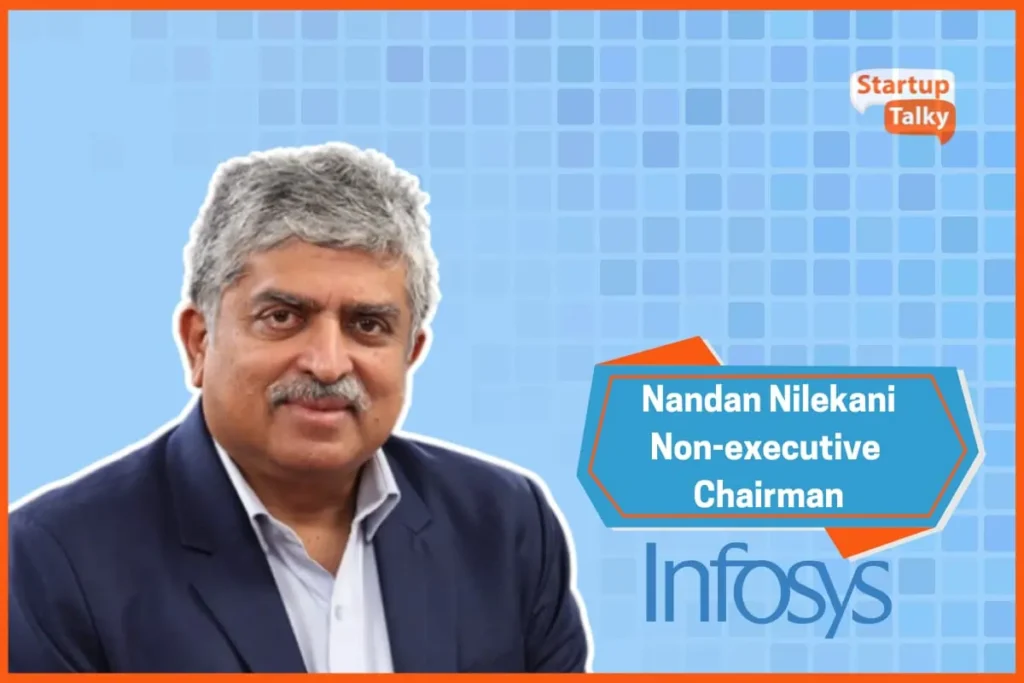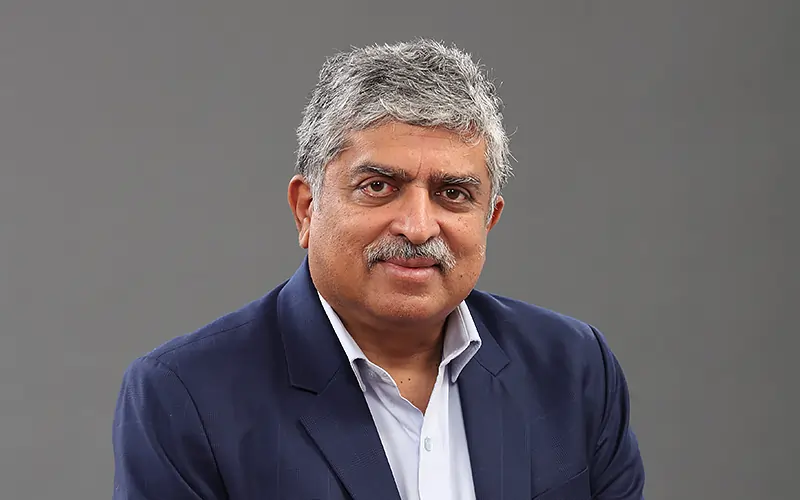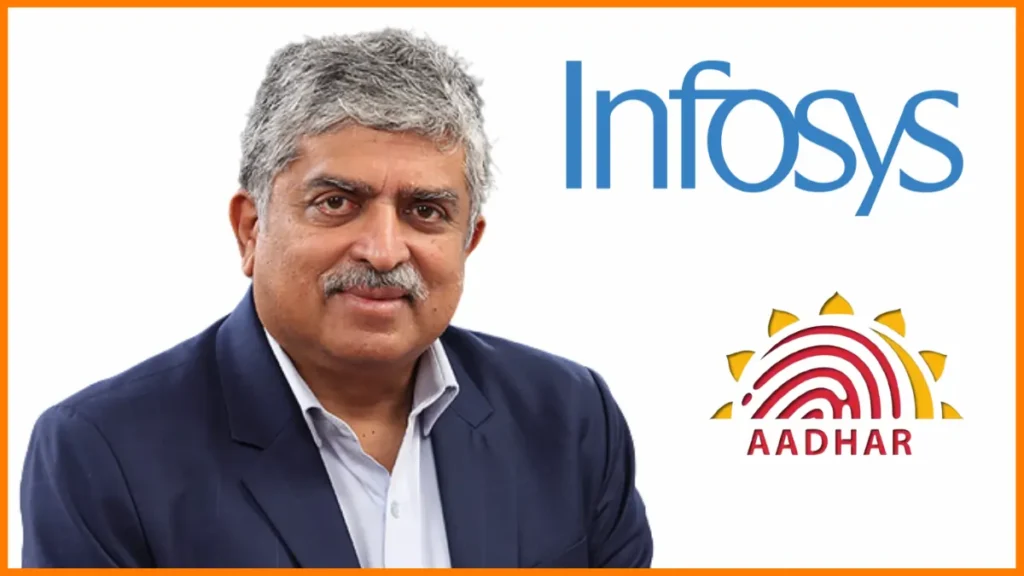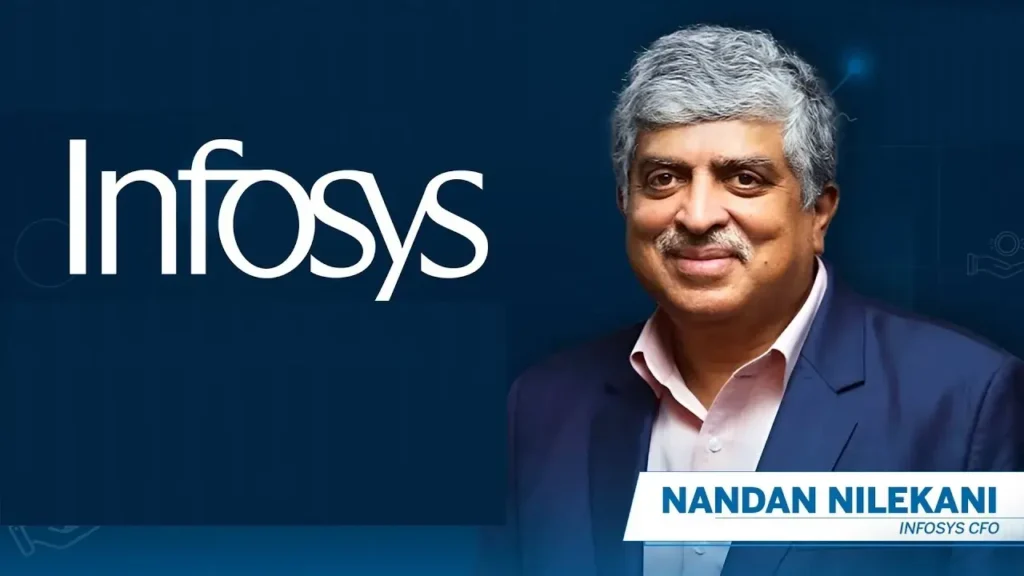Nandan Nilekani is widely recognized for his significant contributions to India’s technology landscape. As a co-founder of Infosys and the key visionary behind the Aadhaar project, Nilekani has transformed the way India operates digitally. His leadership has not only shaped the IT industry but also pushed India toward a future where digital identity plays a crucial role in governance and financial inclusion. In this article, we will explore his journey, his accomplishments, and how his visionary leadership continues to inspire the nation.
Early Life and Education
Nandan Nilekani was born on June 2, 1955, in Bangalore, Karnataka, to a middle-class family. His father, Mohan Rao Nilekani, worked as a general manager at Mysore and Minerva Mills, while his mother, Durga, took care of their home. From a young age, Nandan exhibited a keen interest in academics, particularly in subjects like mathematics and technology.
As a result of his hard work and intelligence, he completed his schooling at Bishop Cotton Boys’ School in Bangalore. Later, he pursued higher secondary education at St. Joseph’s High School in Dharwad. Nilekani’s academic brilliance secured him admission to the Indian Institute of Technology (IIT) Bombay, where he graduated in 1978 with a degree in Electrical Engineering.

Founding Infosys: Revolutionizing India’s IT Industry
Shortly after graduating from IIT Bombay, Nandan Nilekani began his professional journey at Patni Computer Systems. It was there that he met Narayana Murthy, with whom he shared a common vision for the future of the IT industry. Together with five others, Nilekani co-founded Infosys in 1981. Initially, they started the company with minimal capital, but their ambitions were far greater.
Over time, Infosys revolutionized the Indian IT industry. Through their hard work and dedication, the company grew rapidly and became the first Indian firm to list on NASDAQ. This accomplishment signaled India’s growing influence on the global IT stage. When Nilekani assumed the role of CEO in 2002, Infosys was already on the path to success. However, under his leadership, the company’s growth accelerated significantly, achieving annual revenues of $3 billion by the time he stepped down in 2007.
Aadhaar: Transforming Digital Identity in India
In 2009, Nandan Nilekani embarked on a new mission. He left Infosys and accepted the role of Chairman of the Unique Identification Authority of India (UIDAI). His goal was to create a biometric-based identification system that would serve over a billion Indian citizens. Leading the Aadhaar project, Nilekani succeeded in developing the world’s largest biometric identification system.
Aadhaar has changed how government services are delivered in India. By linking Aadhaar to subsidies and benefits, the government eliminated middlemen and reduced corruption. This system also made it easier for people to access financial services, healthcare, and other essential services, thereby improving their quality of life. Thanks to Nilekani’s vision and leadership, Aadhaar now covers over 1.2 billion people, making India the global leader in digital identification.

Promoting Financial Inclusion
Nandan Nilekani always saw Aadhaar as a tool for financial inclusion. Before Aadhaar, millions of Indians lacked access to formal banking systems. This gap excluded them from opportunities to save, invest, or access loans. Through Aadhaar, citizens were able to open bank accounts and participate in the formal economy for the first time. This initiative, combined with the government’s Jan Dhan Yojana, dramatically increased financial inclusion across the country.
In addition to Aadhaar, Nilekani also played a pivotal role in the development of the Unified Payments Interface (UPI). UPI revolutionized the way Indians handle digital payments. By making transactions faster and more convenient, UPI has empowered millions to participate in the digital economy. As a result, digital payments in India have skyrocketed, and UPI remains one of the most widely used payment systems in the world.
Philanthropy and Public Service
Throughout his career, Nandan Nilekani has always believed in giving back to society. In 2015, he and his wife, Rohini Nilekani, co-founded the EkStep Foundation, a non-profit organization dedicated to improving education in India. EkStep provides digital platforms for learning, and their tools are used by teachers and students across the country. Through this initiative, the Nilekanis hope to improve literacy and access to quality education for millions of children.
Moreover, Nilekani has also championed political and governance reforms. In 2014, he ran for the Indian Parliament from Bangalore South, although he did not win. His campaign focused on transparency, technology-driven governance, and the fight against corruption. Despite not winning the election, Nilekani continues to advocate for these issues and remains a strong voice for better governance in India.

Returning to Infosys
In 2017, Infosys faced a leadership crisis. Nandan Nilekani, recognizing the importance of his contribution to the company, returned as non-executive chairman. His return brought much-needed stability to Infosys, which was struggling with internal challenges at the time. His experience, combined with his deep understanding of the IT landscape, helped Infosys navigate new challenges like automation, artificial intelligence, and digital transformation.
Vision for India’s Digital Future
Nandan Nilekani’s contributions to India’s digital revolution are far from over. Even today, he continues to promote technology-driven solutions to solve some of the country’s most pressing challenges. He has been a strong advocate for using artificial intelligence (AI) responsibly and ethically. Nilekani believes that AI should serve the greater good and not just be used for profit. His vision for AI includes ensuring that the benefits of AI reach everyone, particularly in a country as diverse as India.
In addition, Nilekani is deeply committed to ensuring that technology promotes inclusivity. He has consistently advocated for using tech to bridge the digital divide, whether in banking, education, or governance. His belief in creating a level playing field drives his efforts in both the private and public sectors.
Nandan Nilekani’s Legacy and Impact
As one of India’s most influential tech leaders, Nandan Nilekani’s legacy is defined by his ability to leverage technology for the greater good. His work at Infosys helped establish India as a global leader in IT services. Moreover, his leadership on Aadhaar and financial inclusion projects like UPI has impacted millions of lives across the country. His efforts have directly contributed to India’s emergence as a digital-first nation.
Nilekani’s focus on public service and philanthropy further amplifies his legacy. He has always been passionate about using technology as a tool for social good. Whether through his work in governance, education, or financial inclusion, his vision continues to inspire the next generation of entrepreneurs, policymakers, and technologists.
In conclusion, Nandan Nilekani’s influence extends far beyond the corporate world. He has played a pivotal role in transforming India’s digital landscape and will remain a key figure in shaping the country’s future. As India continues to embrace digital transformation, Nilekani’s visionary leadership serves as a blueprint for how technology can improve lives and make societies more inclusive. His journey from an IT entrepreneur to a leader of India’s digital revolution is a testament to his passion, foresight, and unwavering commitment to progress.




